Blog
Botox for TMJ: Signs You Might Be a Candidate Guide
June 13, 2025 / DENTISTRY

As a Canadian dentist who has witnessed the transformative effects of Botox for TMJ treatment, I understand how debilitating temporomandibular joint disorders can be.
At Downtown Whitby Dentistry, we've helped numerous patients find relief through innovative treatments, including Botox for TMJ therapy. Today, I'll guide you through a comprehensive self-assessment to help determine if you might benefit from this treatment option.
TMJ disorders affect millions of Canadians, yet many people suffer in silence without realizing effective treatments are available. While traditional approaches like night guards and physiotherapy remain valuable, Botox for TMJ has emerged as a promising alternative for specific cases. However, understanding whether you're a suitable candidate requires careful evaluation of your symptoms and medical history.
Understanding TMJ and How Botox for TMJ Works
Temporomandibular joint disorder involves dysfunction of the jaw joints and surrounding muscles. The condition can cause significant pain and impact daily activities like eating, speaking, and sleeping. Traditional treatments focus on protecting teeth and reducing inflammation, but they don't always address muscle tension effectively.
Botox for TMJ works by temporarily relaxing the overactive jaw muscles responsible for clenching and grinding. The treatment involves precise injections into specific muscle groups, reducing their ability to contract forcefully. Consequently, this approach can provide substantial relief for patients whose TMJ symptoms stem primarily from muscle hyperactivity.
Furthermore, the effects of Botox for TMJ typically last three to six months, making it a reversible treatment option. This temporary nature allows patients and practitioners to assess effectiveness without long-term commitment. Additionally, the procedure is minimally invasive and can often be completed during a regular dental appointment.
Primary Symptoms That May Indicate Botox for TMJ Candidacy
Chronic jaw pain represents the most common symptom that leads patients to consider Botox for TMJ treatment. This pain often intensifies during stressful periods or after consuming chewy foods. Moreover, the discomfort frequently radiates to the temples, ears, and neck, creating a complex pain pattern.
Teeth grinding and clenching, particularly during sleep, are strong indicators for potential Botox for TMJ therapy. Many patients wake with sore jaw muscles or headaches, suggesting overnight muscle hyperactivity. Additionally, partners often report hearing grinding sounds during the night, confirming the presence of bruxism.
Jaw muscle fatigue and stiffness, especially in the morning, may also suggest candidacy for Botox for TMJ treatment. Patients frequently describe difficulty opening their mouths fully or experiencing muscle soreness when chewing. Furthermore, some individuals notice their jaw muscles appear enlarged or feel constantly tense.
Secondary Symptoms and Associated Conditions
Frequent headaches, particularly tension-type headaches originating from the temple area, often accompany TMJ disorders. These headaches may respond well to Botox for TMJ treatment when they're directly related to jaw muscle tension. Similarly, ear pain or pressure without underlying ear pathology can sometimes be attributed to TMJ dysfunction.
Sleep disruption due to jaw pain or grinding may indicate potential benefits from Botox for TMJ therapy. Many patients report improved sleep quality after treatment, as reduced muscle tension allows for more comfortable rest. Additionally, decreased grinding can prevent further dental damage and reduce associated noise.
Neck and shoulder tension frequently accompanies TMJ disorders, as the jaw muscles connect to broader muscle networks. Therefore, patients experiencing chronic upper body tension alongside jaw symptoms might benefit from Botox for TMJ treatment. However, comprehensive evaluation is essential to determine the primary source of discomfort.
Self-Assessment Questions for Botox for TMJ Candidacy
Ask yourself these important questions to gauge your potential candidacy for Botox for TMJ treatment.
- Do you experience jaw pain that worsens with stress or after eating chewy foods?
- Have you noticed increased teeth grinding or clenching, particularly during sleep?
- Does your jaw feel stiff or sore upon waking?
- Have night guards, anti-inflammatory medications, or physiotherapy failed to resolve your symptoms?
- Do you experience frequent headaches that seem related to jaw tension?
- Does jaw pain interfere with eating, speaking, or sleeping?
- Have you avoided certain foods due to discomfort?
If TMJ symptoms significantly affect your quality of life despite conservative treatment, Botox for TMJ might be worth considering.
When Botox for TMJ May Not Be Appropriate
Certain conditions may make Botox for TMJ treatment unsuitable or require special consideration. Pregnancy and breastfeeding are contraindications for Botox therapy, as the effects on developing babies aren't fully understood. Additionally, individuals with neuromuscular disorders should avoid Botox treatments due to potential complications.
Active infections in the treatment area preclude Botox for TMJ therapy until the infection resolves completely. Similarly, patients taking certain medications, particularly blood thinners, may need special precautions or alternative treatments. Therefore, comprehensive medical history review is essential before considering treatment.
Moreover, unrealistic expectations about Botox for TMJ outcomes may indicate poor candidacy. While many patients experience significant improvement, results vary individually. Patients seeking complete elimination of all jaw-related symptoms may be disappointed, as Botox primarily addresses muscle-related components of TMJ disorders.
The Importance of Professional Evaluation
While self-assessment provides valuable insights, professional evaluation remains crucial for determining Botox for TMJ candidacy. At Downtown Whitby Dentistry, we conduct thorough examinations including medical history review, clinical assessment, and sometimes imaging studies. This comprehensive approach ensures appropriate treatment selection.
During evaluation, we assess muscle tension patterns, jaw movement, and pain distribution. Additionally, we review previous treatments and their effectiveness to understand your unique situation better. This information helps determine whether Botox for TMJ represents the most appropriate next step in your care.
Furthermore, professional evaluation allows for proper treatment planning and realistic expectation setting. We discuss potential benefits, risks, and alternatives to ensure you make informed decisions about your care. Remember, Botox for TMJ works best as part of comprehensive TMJ management rather than as a standalone solution.
If you're experiencing persistent jaw pain, grinding, or related symptoms that haven't responded adequately to conservative treatments, you might be a candidate for Botox for TMJ therapy. Contact Downtown Whitby Dentistry today to schedule a comprehensive evaluation and discuss whether this innovative treatment option is right for you.
Archive
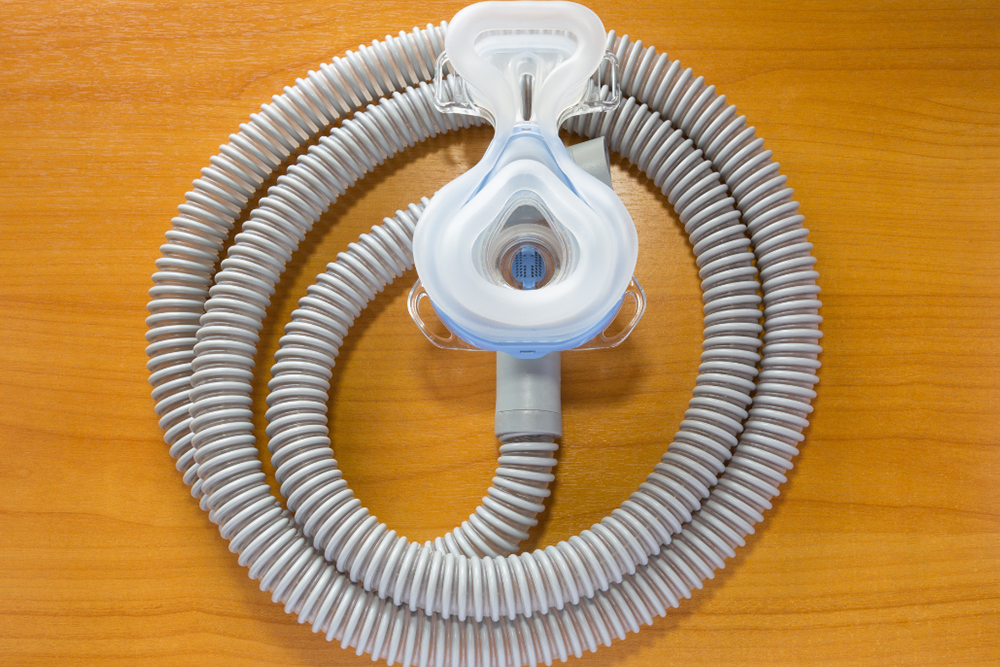
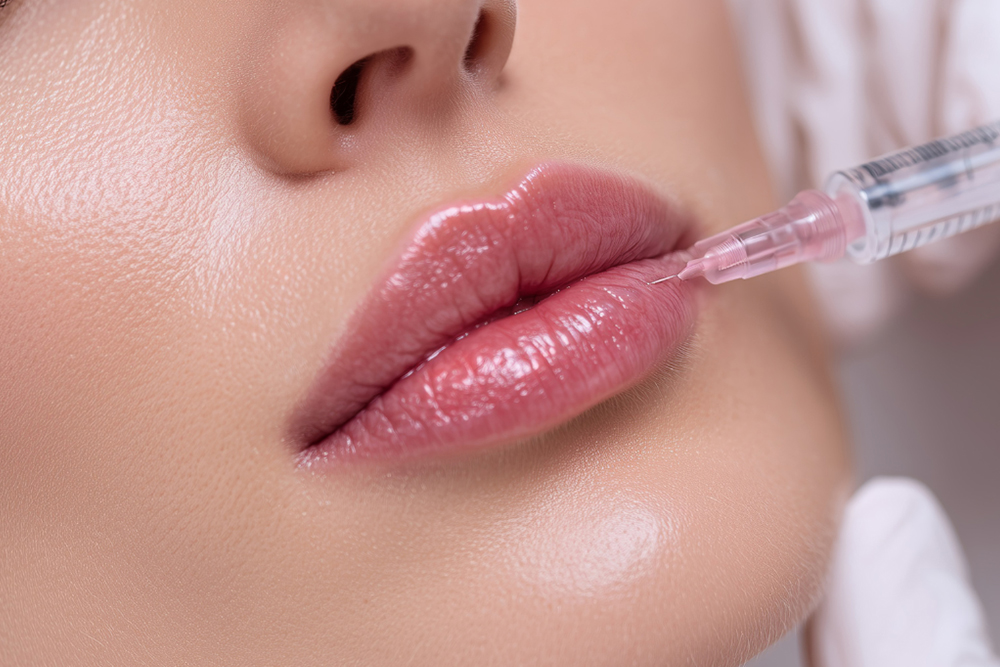
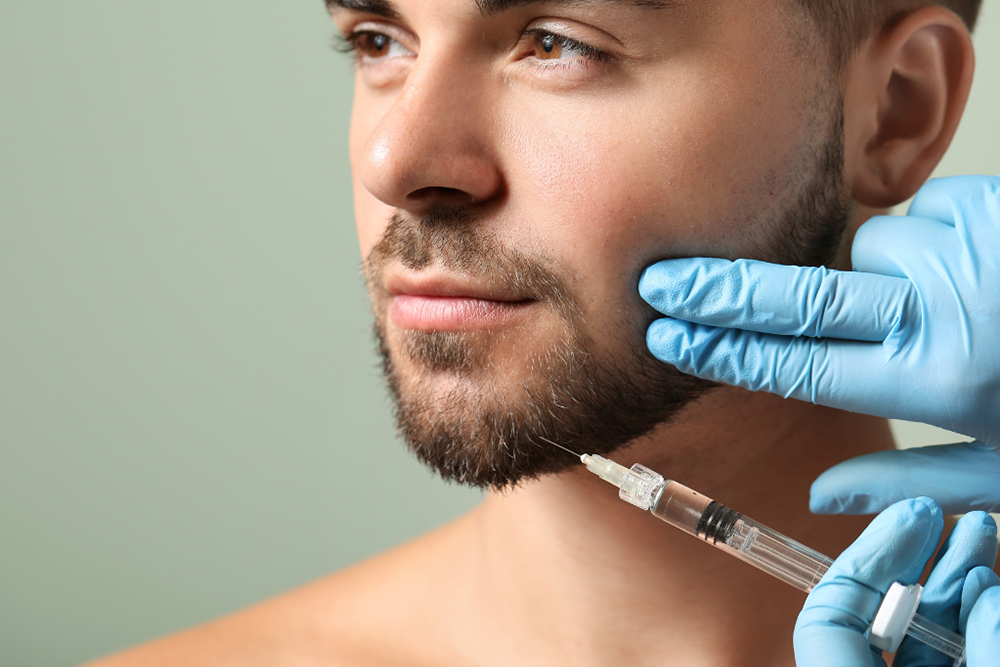
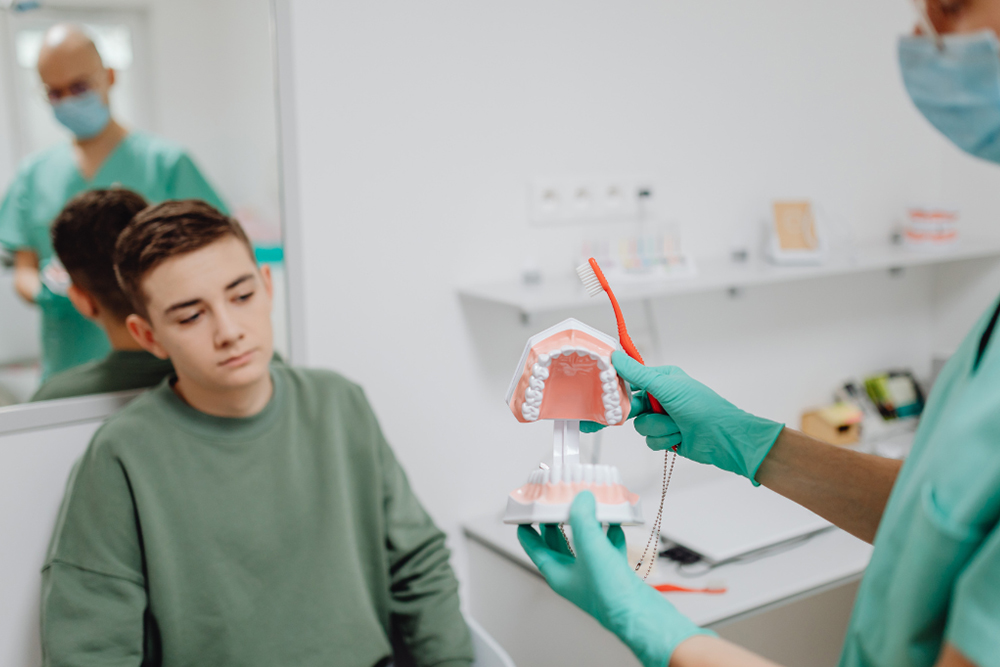

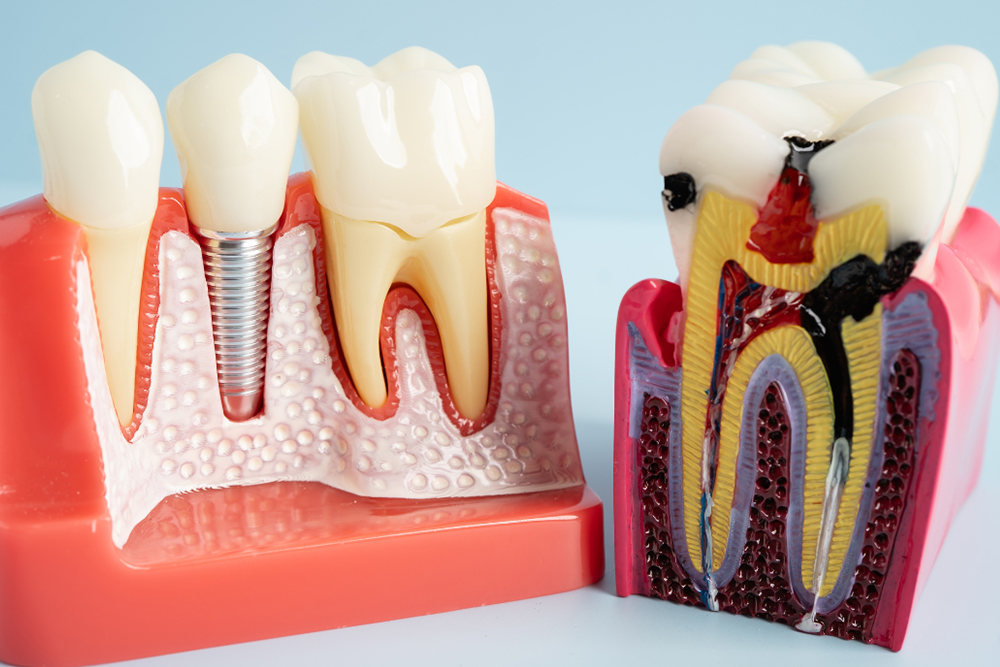
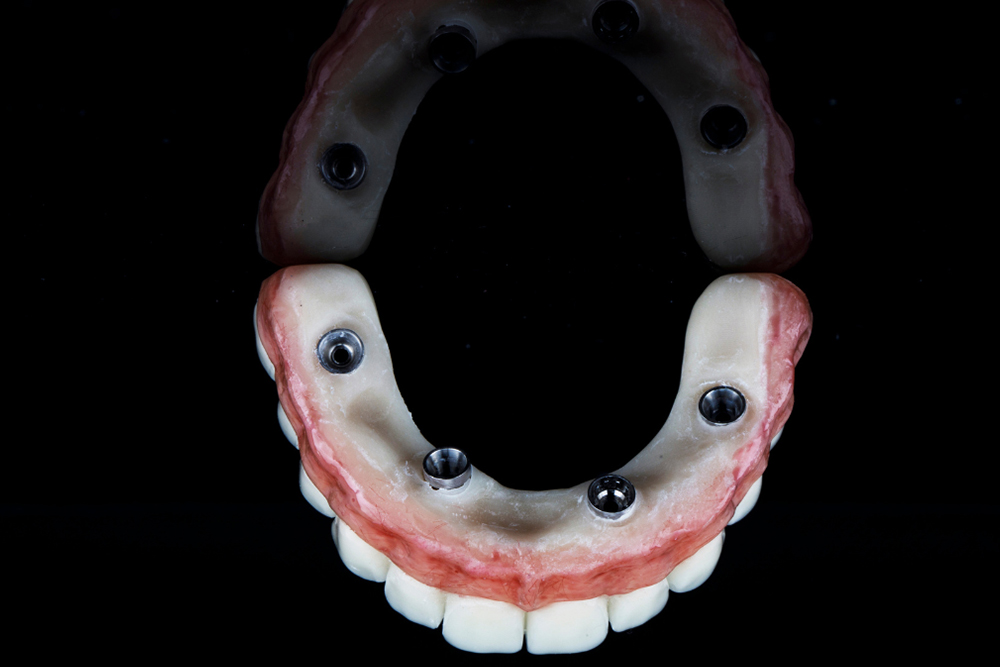
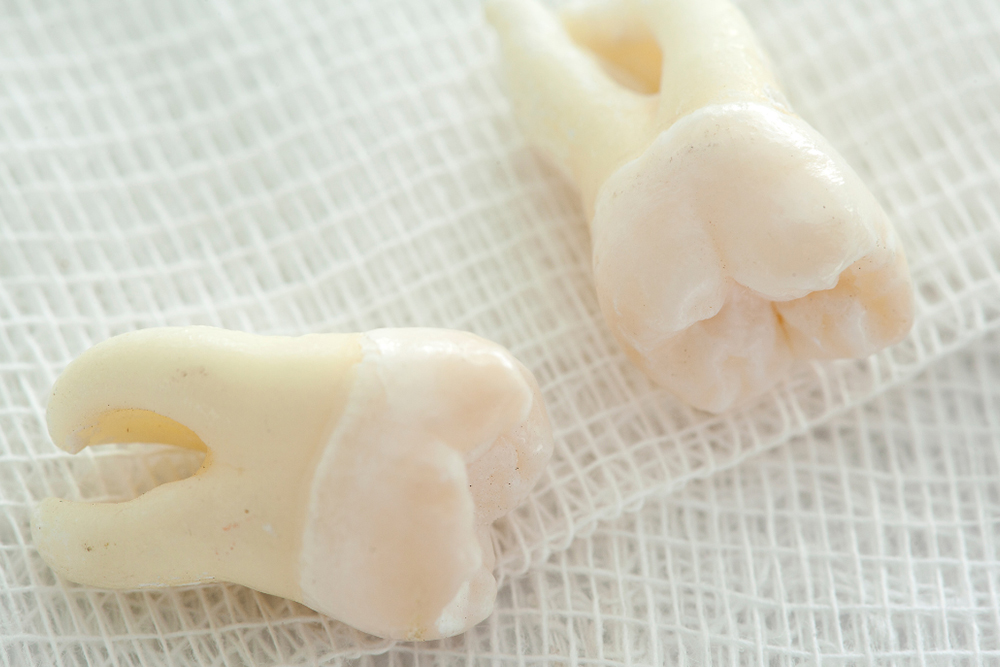
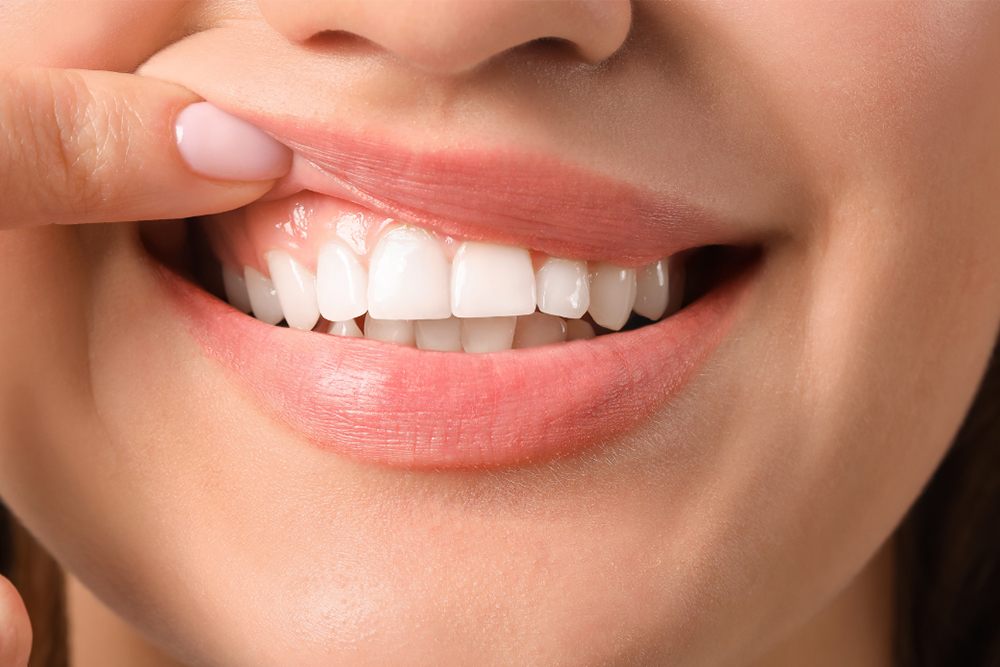

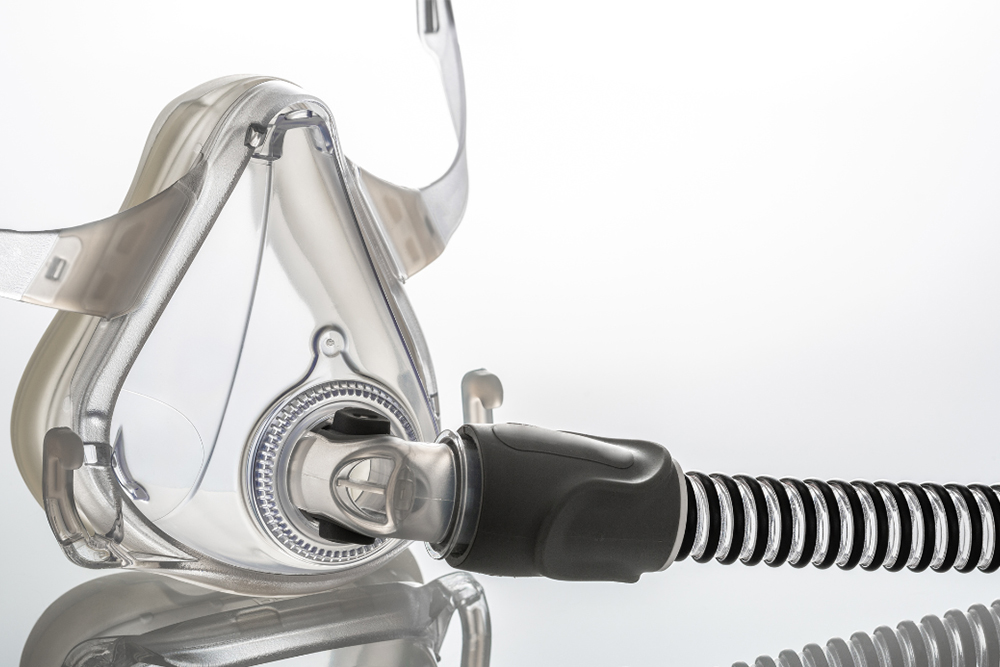

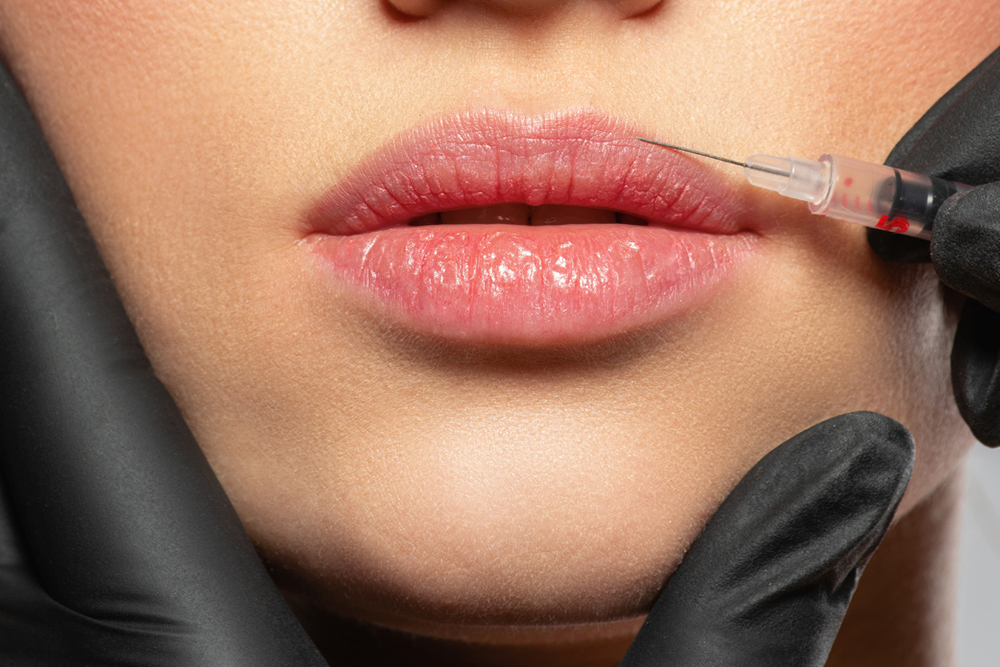

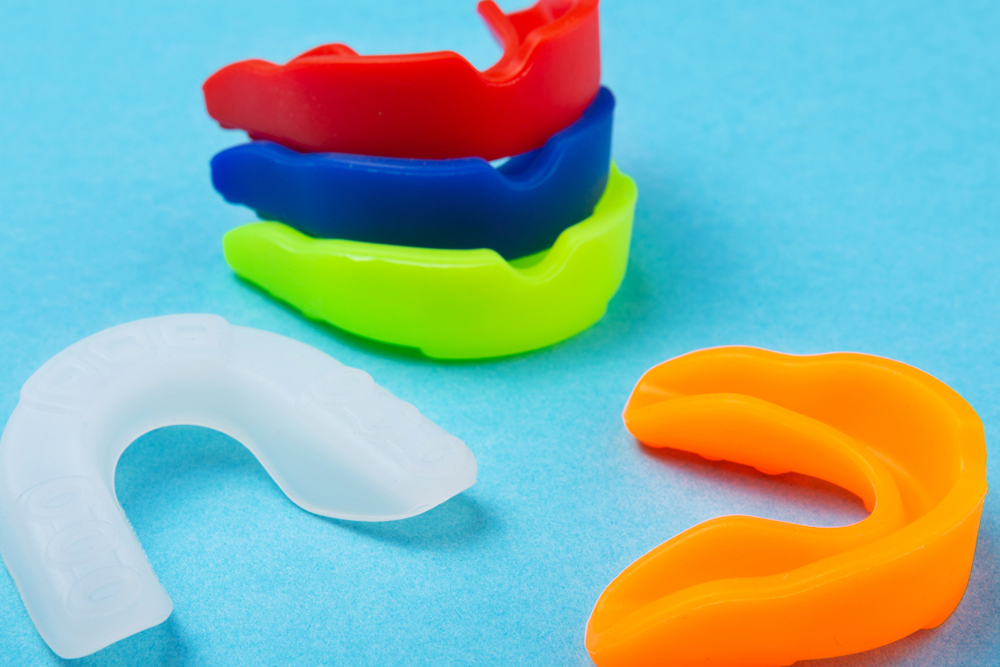

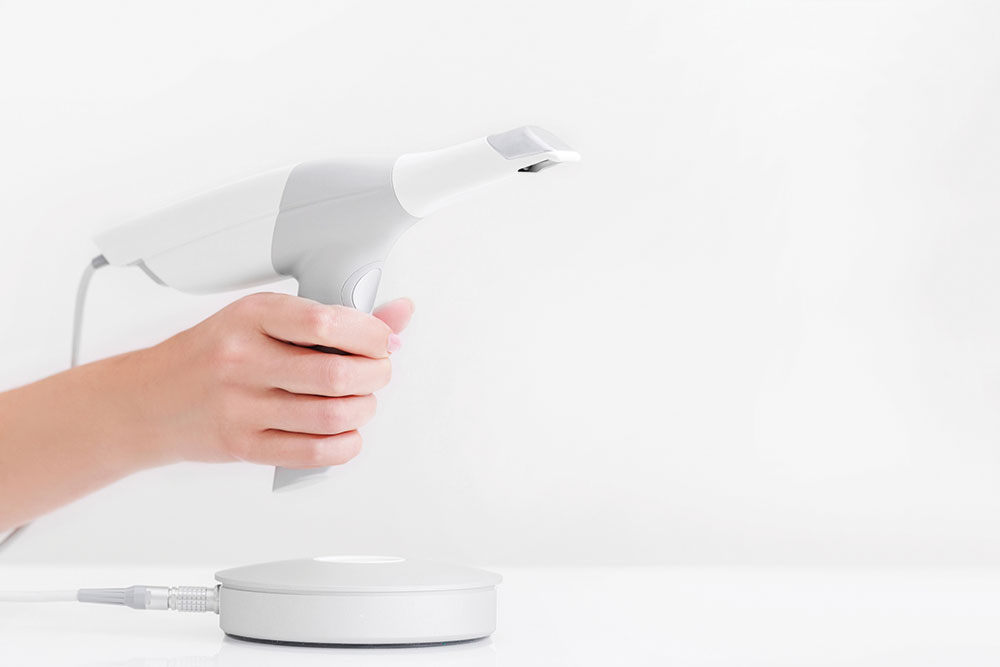



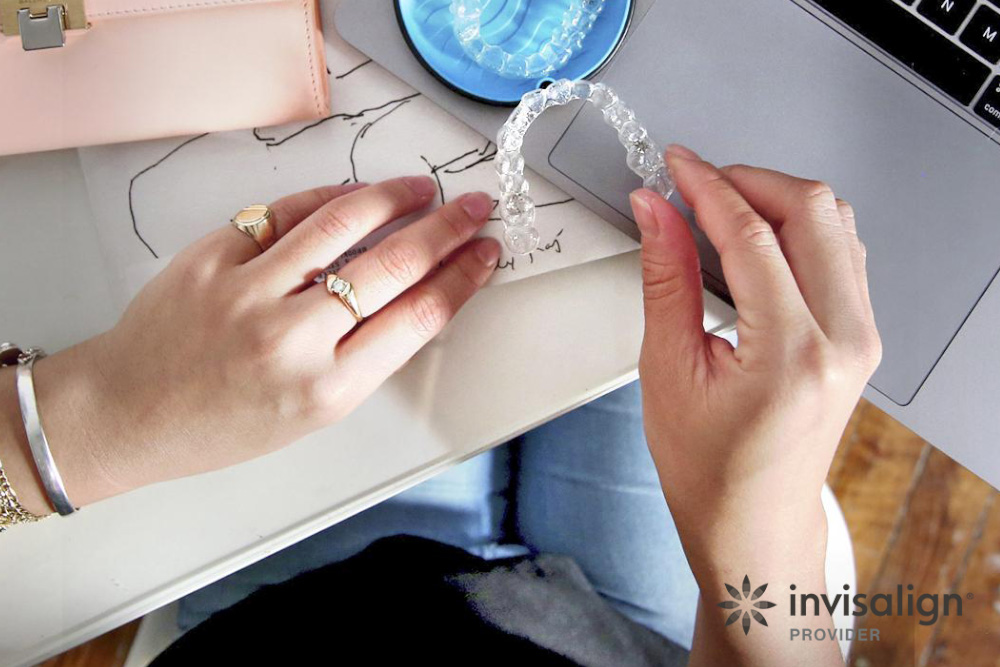
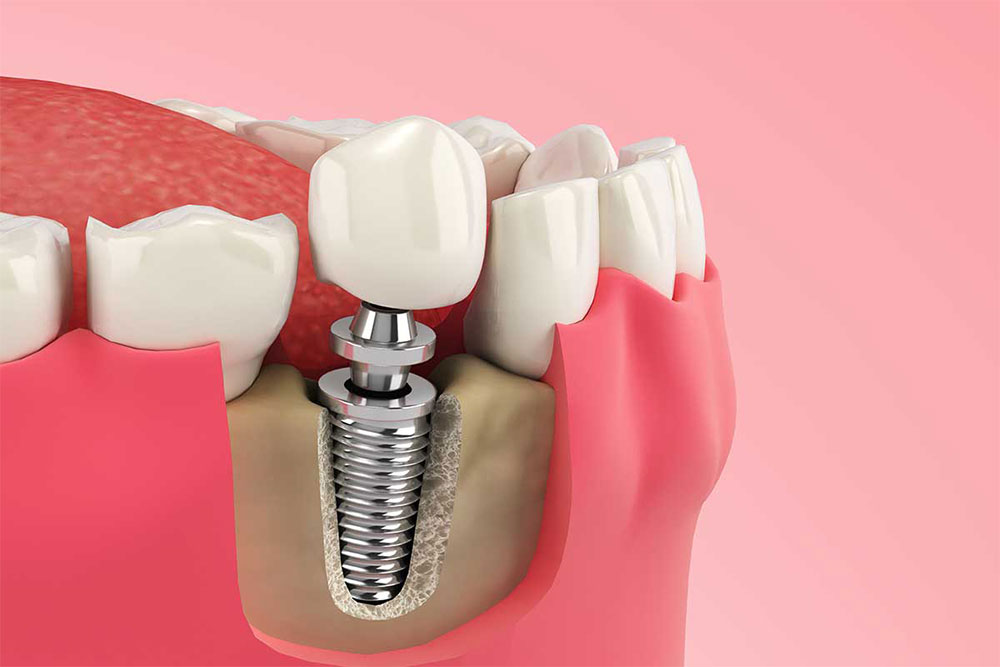
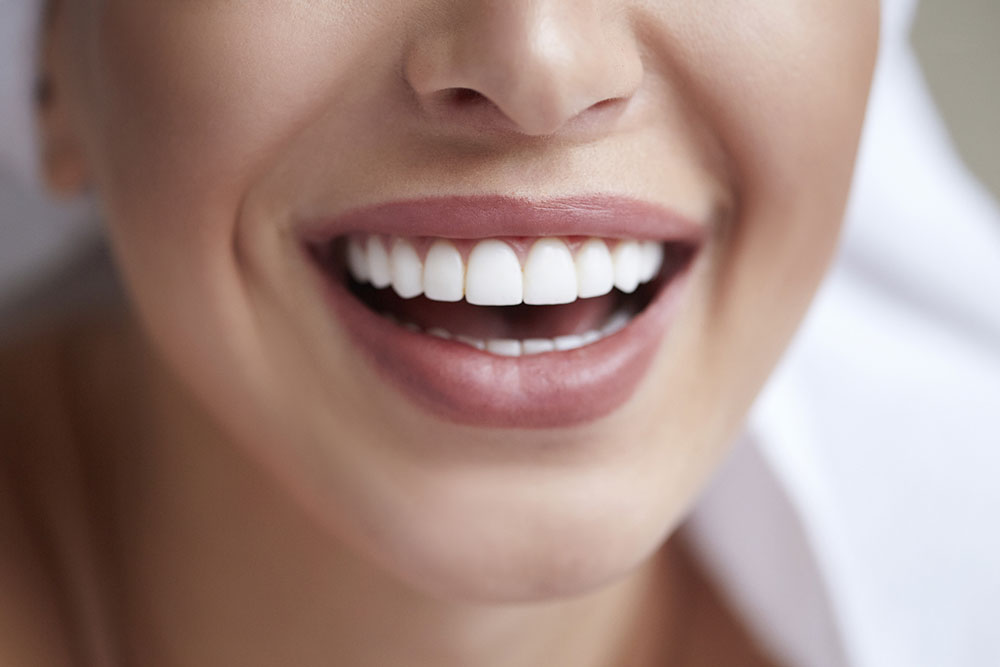


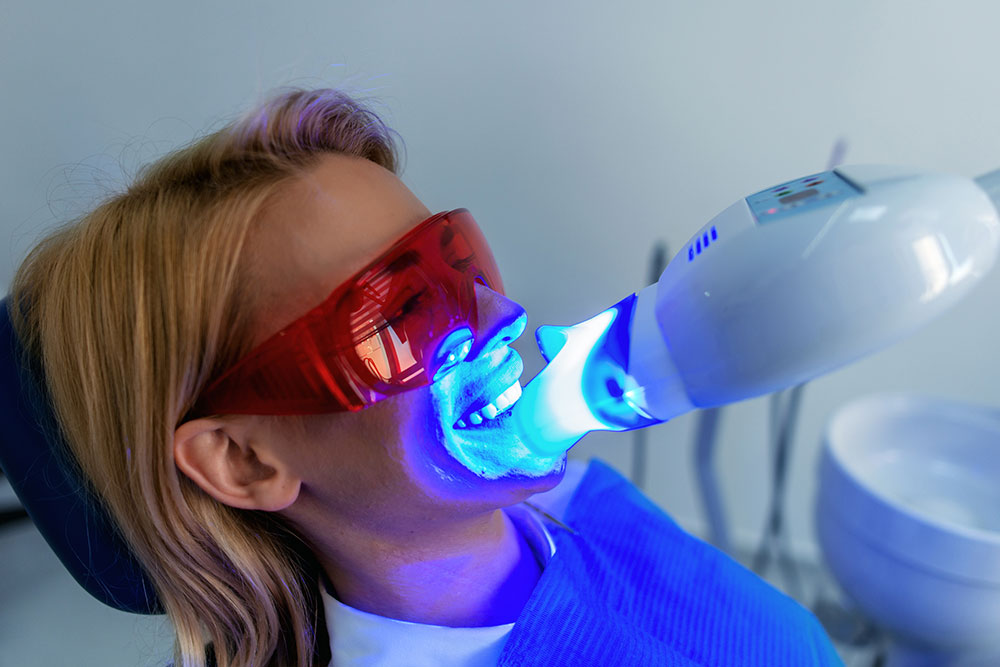





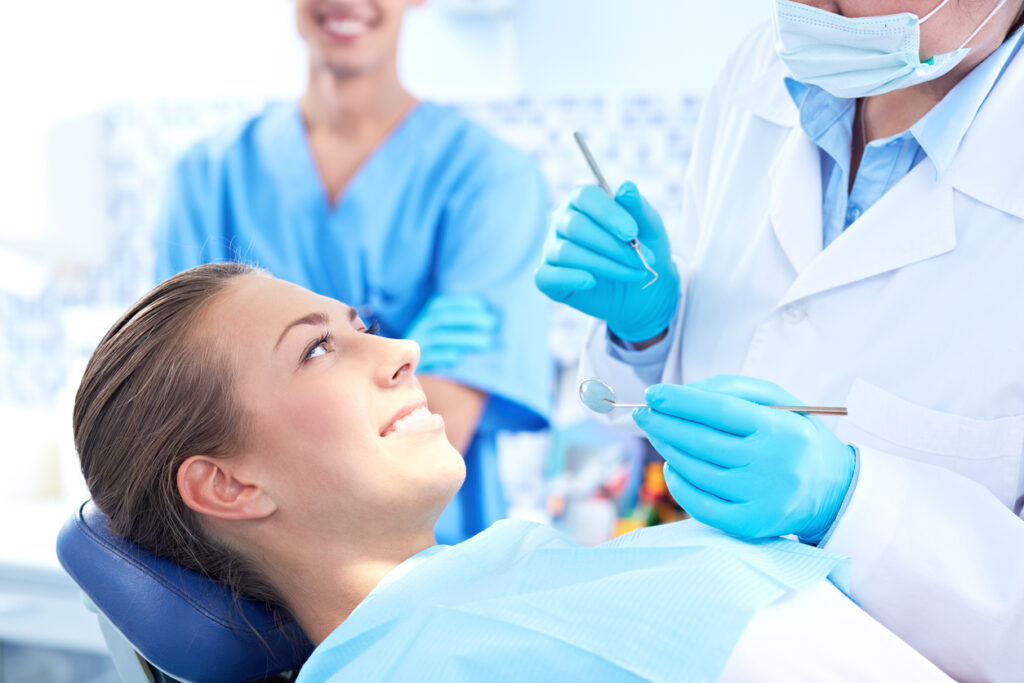
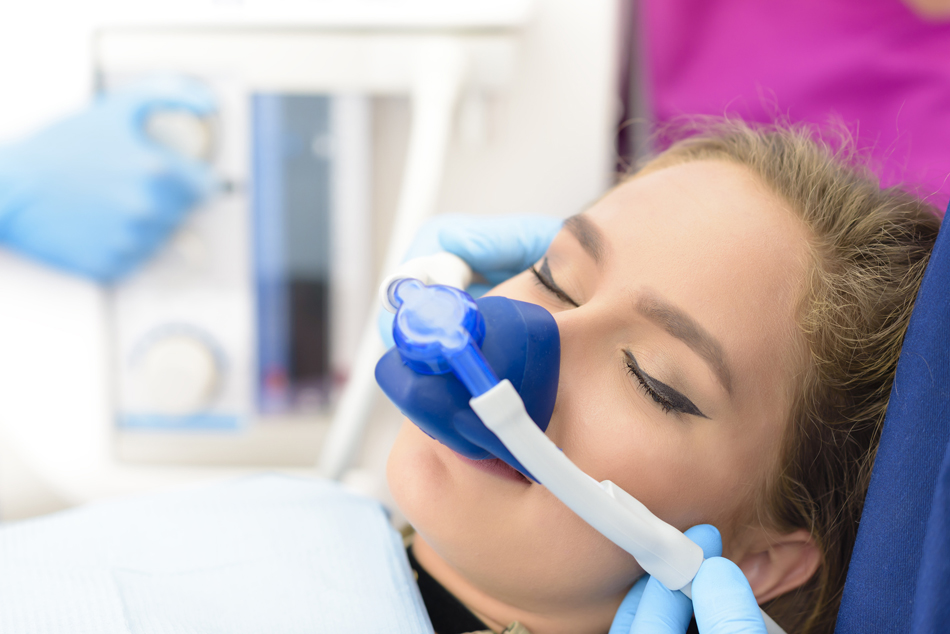


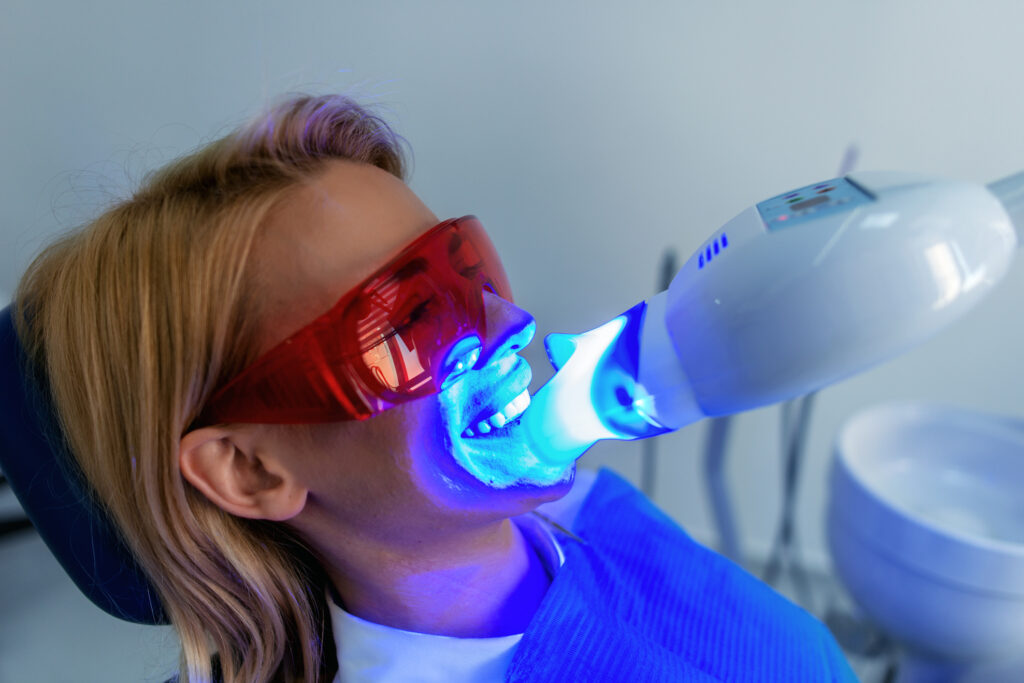
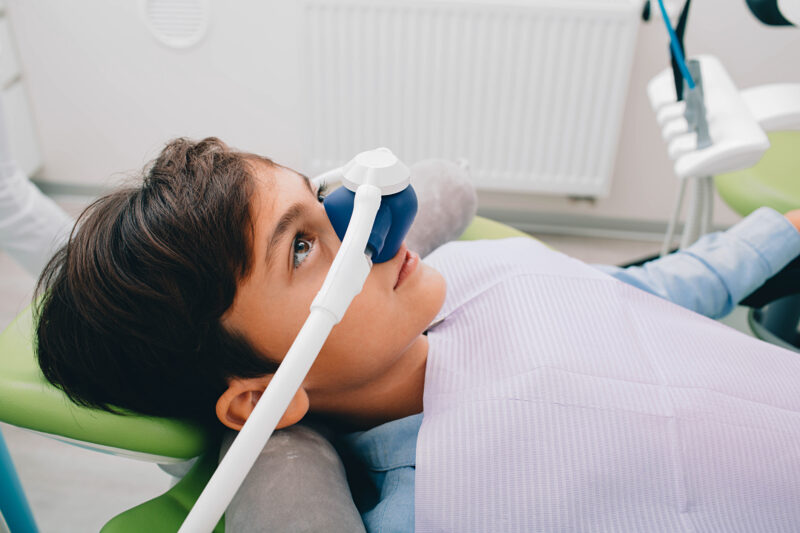
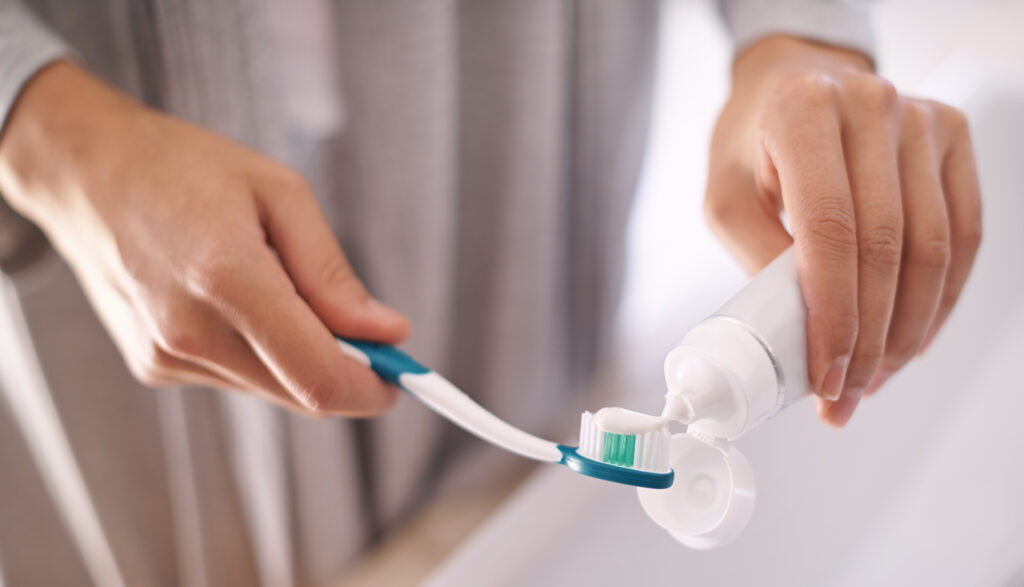
We Are Here to Help You
Whitby, ON, L1N 4M9
905-430-7045
905-430-7284
info@dwdentistry.ca




